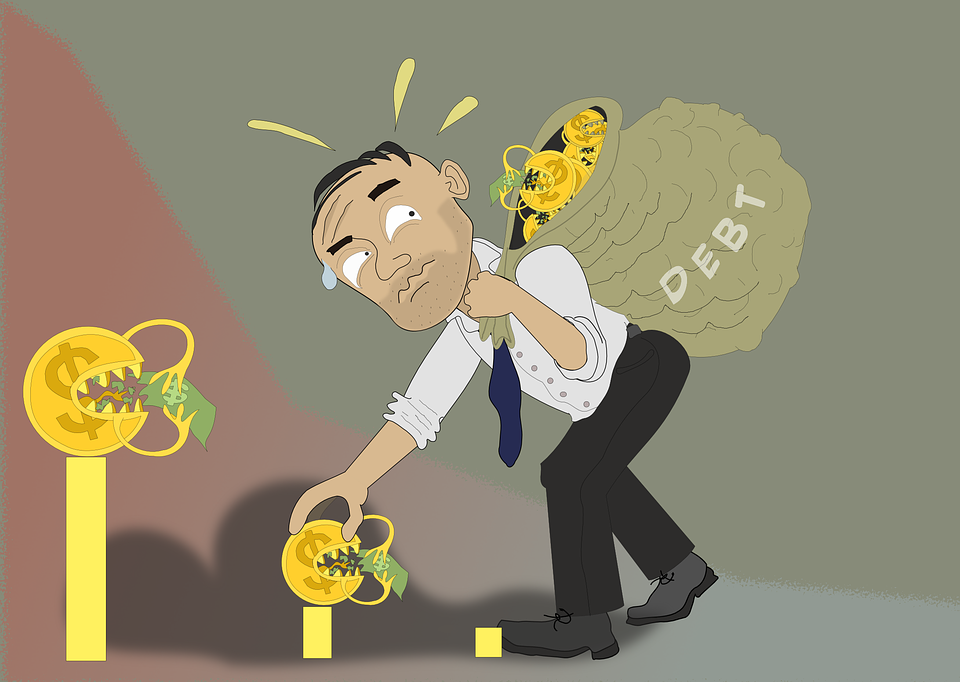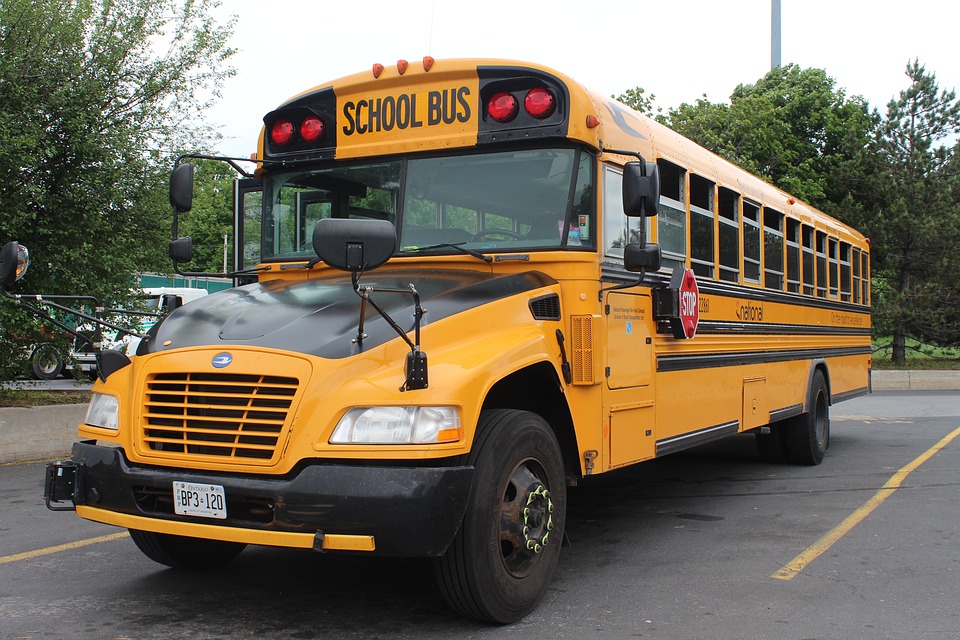It is true, loan debt repayment is having a psychological toll on students, their parents, and sponsors, given the prospects of a grim future as a result of growing living expenses and the skyrocketing cost of living.
Some 43 million Americans owed $1.4 trillion in student debt at the end of 2018, an average of $33,500 per borrower.
Chegg.org has argued that business should be able to support their employers in settling their students’ debts. It continues by urging business owners to act with the same vigor that they do for advancing their employees education needs.
The adage that education is the key to a bright future is slowly turning into a utopian wonderland of make-believe. With each passing day, it is becoming difficult to gain this precious life concoction and those who graduate are being burdened by loans that sometimes run to hundreds of thousands of dollars. The systems that had been made as safety nets for these individuals have slowly turned into vultures devouring students and graduates future piece by piece through high-interest rates on loans and years upon years of debt repayments.
The college financing system that has involved student borrowers, graduates, guardians, university and business leaders are failing. The same system that during its setting up was viewed as a way of safeguarding all this groups interest has been too one-sided with student borrowers taking the most heat.
Leaders, both in government positions and businesses have brushed aside suggestion that this is a crisis that needs actions now. They are not worried that the current student loan debts have summed up to $1.5 trillion. The impact of these loans is not being tested and given the attention it deserves.
It is true, the student loan is having a psychological toll on these student borrowers, their parents, and sponsors. Given the prospects of a grim future as a result of growing living expenses, skyrocketing cost of living and the fact that the wage growth is not proportionate to the level of inflation, this means that repaying this debt will be a huge problem for these borrowers. In the case of bankruptcy, the student loan debt is the last debt to be forgiven and this may take a lot of time and effort. It is hard to shake it off and it is continually creating a class of debtors in our society that is becoming larger in each passing day.
Business owners can help in loan debt repayment
Chegg has conducted its own research into this matter and has found out that even the people who may otherwise be considered the middle class and earning over $75,000, there is increasing worry about their ability to repay the loans and still save. They must sacrifice some items such as medical care to sustain their lifestyle.
Employment has also been a huge factor in this issue with many employers suggesting that there is a huge disconnect between the courses taught in schools and the job market. They have argued that most of the college students are not prepared for the modern job market and that is true according to a Gallup poll that has shown that only a third of the students are prepared to take on jobs offered to them.
It is well documented that a lot of companies chip in when employees need to gain new skills that will be useful to the companies, but the question Chegg puts forward is, why are do they not support the loan debt repayment already gained while acquiring these skills they have been hired for. It just makes little sense.
Businesses should be able to contribute to the loan repayments of their employees. This will relieve them the pressure and psychological hurdles that may prevent them from doing a good job.







